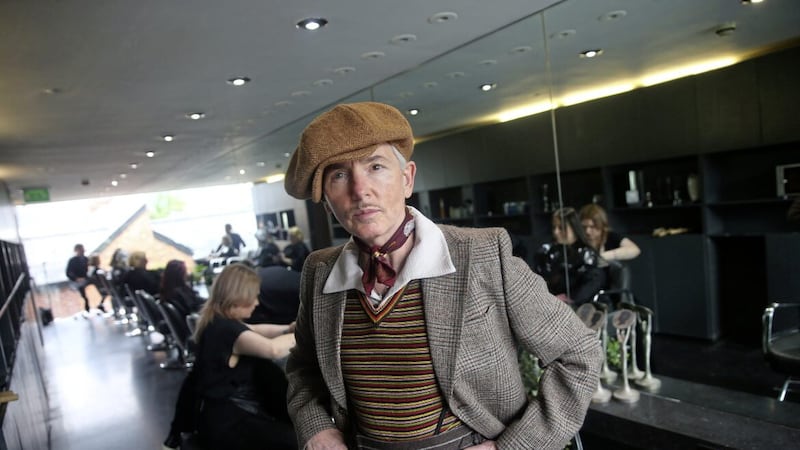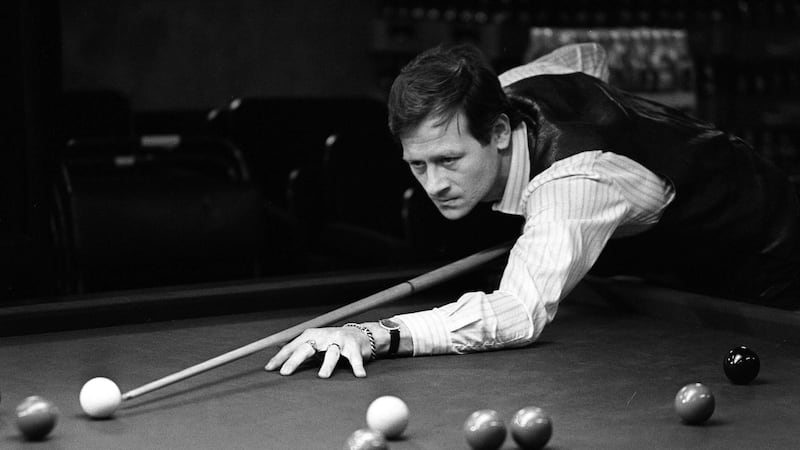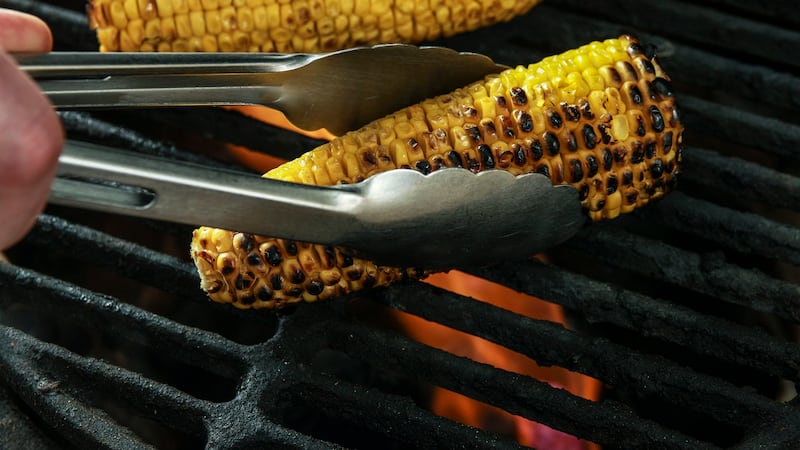BELFAST hairdressing visionary Paul Stafford was honoured by his peers for his decades-long contribution to the industry by being inducted into the Irish Hairdressing Federation Hall of Fame at a gala event in Kilkenny last night.
Although he has won numerous awards in the past, the owner of Belfast's Stafford Hair says being named an Icon of Irish Hairdressing means more.
"The Irish Hairdressing Federation is a bit like the Oscars of Irish hairdressing. I'm humbled to join the long list of greats from this island who have helped shape hairdressing on an international scale," says Stafford, who is only the second Northern Irish hairdresser to receive the recognition.
"We're obviously going through a very difficult period in our industry and this is an acknowledgement, not just of my career, but of being a salon owner. It recognises that we are people who are not frightened to take risks and reiterates our commitment to the industry."
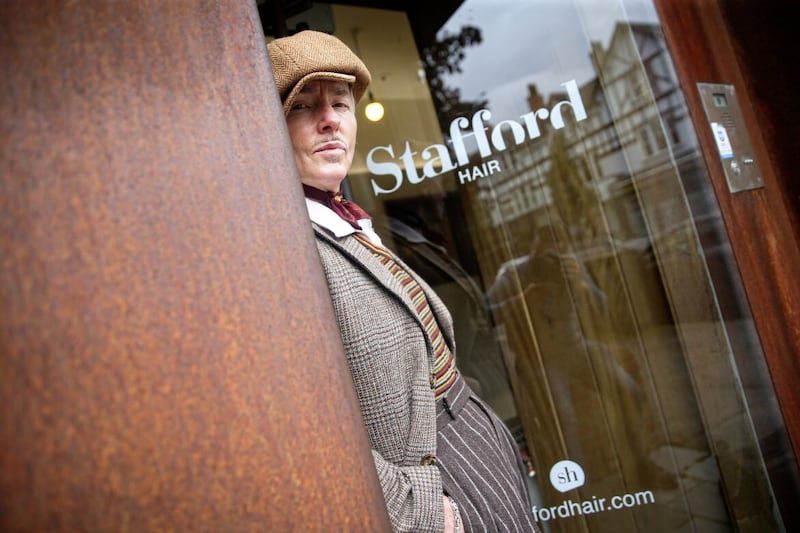
Renowned for his technical cutting skills, attention to detail and commitment to educational training, Stafford is quick to share his success with his wife and business partner of 27 years, Leisa Stafford.
"Leisa doesn't get the recognition she deserves, she's the real icon of the business. In times of hardness, she stepped up to the mark and when we're basking in the glory she's always stepped back into the shadows," adds the father of two.
The couple haven't been without difficulties, and lost almost everything in the 2008 financial crisis, but are determined to battle the current cost of living crisis.
"The struggle to stay ahead of the curve of fashion and business is constant and I've almost not made it on a number of occasions," Stafford tells me.
"Now is not the time for complacency as we once again battle with a turbulent economy, but I'm determined that my team will have a secure future with the Paul Stafford brand."
Like every industry, hairdressers are finding it difficult to attract new staff, but 54-year-old Stafford intends to use his latest accolade to "promote the craft as a career option".
"I'm absolutely committed to that because it's been a great industry to me; I've loved every minute of what is almost 40 years. I can't believe that I get the chance to come to work every day and do something I love," he says.
"A lot of hairdressers are now leaving college and going straight into self-employment. But it's still salons where the industry mechanics work. It's where we train people, it's where they learn to build clientèle, where the communication happens and the community that hairdressers breed best in."
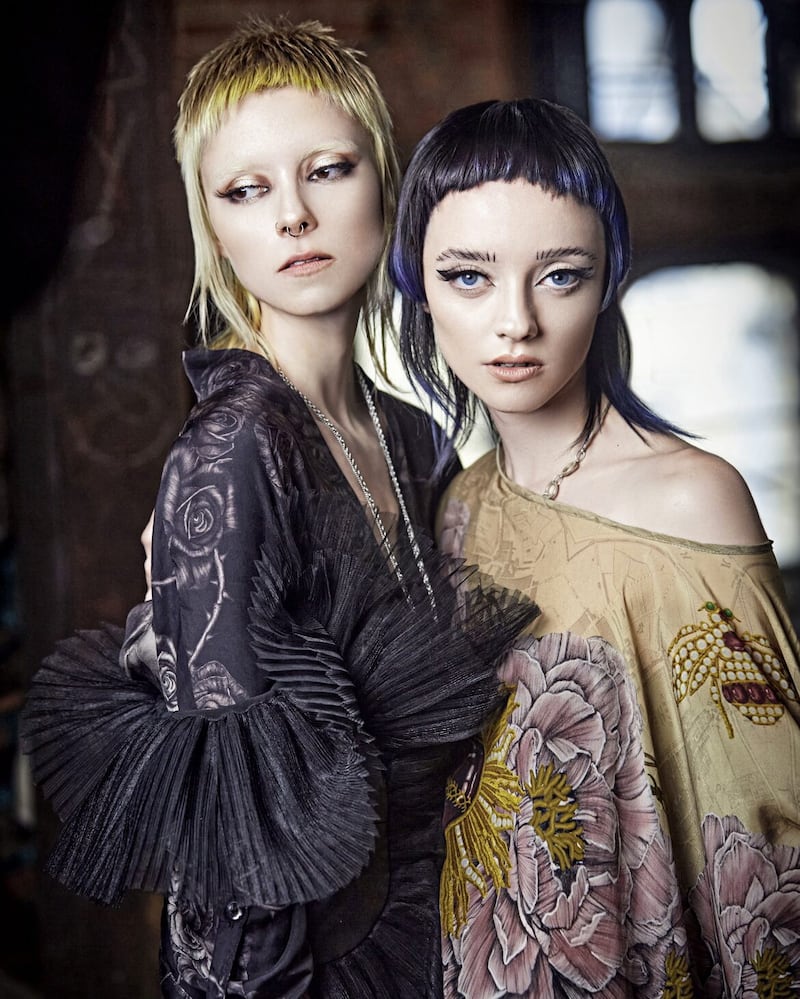
Stafford's introduction to hairdressing was in 70s Belfast in the middle of the Troubles.
"My mum used to drive me as a young child through gloomy Belfast and when we arrived at the salon where she had her hair done, it was like this amazing Technicolor space. People were laughing and enjoying the sanctuary of being away from what was a very brutal period," he remembers.
"I know how stressed and how difficult her life was, but for the hour or two that we were in the salon with the music, the smells and all these great looking people running around, she was able to forget about what was going on at home.
"What really triggered for me at that time was just how happy hairdressers made people. I thought it was the most glamorous place ever and it was certainly the point when I realised I wanted to work in a place like that."
It's that philosophy of escapism that he continues to instil in his own salon.
"By going to a salon you're not just investing in a haircut. If you sit beside someone in a hairdresser who is laughing, enjoying the craic, or simply having a great time in their own space, it's infectious and essential for our mental wellbeing," he explains.
Stafford admits that cutting hair is only a small percentage of his job, alongside being an agony uncle, psychologist, entertainer and stylist.
"You need to be a great listener and you need to look at clients as individuals, as opposed to treating them like some generic production line where you make this years' look suit everybody," he says.
"Hairdressing is not just getting to know people, but about getting to understand them. When somebody sits down and says they don't know what style would suit them, we very quickly have to make a diagnosis - not just of what would suit them, but also what would make them feel better.
"Haircuts are a constant creative collaboration. If you come to me to have your hair cut today it's going to be amazing, but it's not going to be as good as the next time you come because I've already thought about your hair and style going ahead to the next season."
And that's not necessarily the latest trend, he explains.
"Style is very personal; fashion is very transient. Sometimes the individual relationship with a client is outside the realms of fashion," says Stafford, who says creating 'outrageous' hairstyles is a concept of the past.
"Back in the 80s and 90s everything was outrageous, but I think with social media the sense of being different has disappeared and nothing is outrageous any more.
"But there will always be those kids who want to look different and keep us on our toes," laughs Stafford, who is never short of humorous tales from his working day.
"There's always a lightness and humour in hairdressing salons, which is important. Once I had a client who brought in a picture of her Afghan hound and told me that she wanted her hair colour and texture the same as her dog."
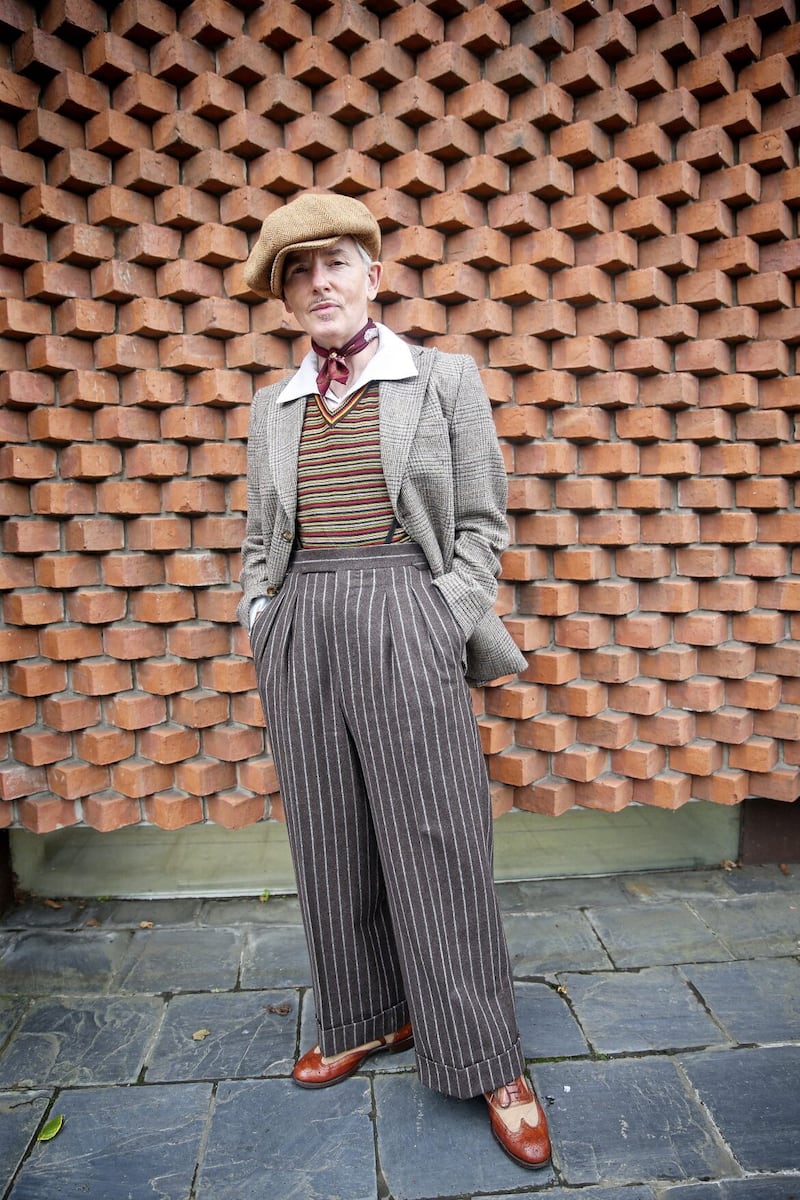
Although he's travelled the world with his hair collections, from New York to Rome, and even to the Kremlin in Moscow, Stafford says it's still that "one-to-one relationship with the client" that still gives him the most satisfaction: "When somebody leaves with a smile on their face, particularly the first time clients, I feel an overwhelming sense of achievement and pride."
Stafford has also showcased his creativity through film and theatre, including his 2019 film The Modern Life and is planning a new project next summer.
"It's a collaboration between my wife and I where we are potentially going to take hairdressing out onto the streets, and I can't really say too much more about it," teases Stafford, who also is planning a series of hair shows in Britain and Italy next year.
He is delighted to be as busy as ever, as many clients post-lockdown have decided to go for shorter hairstyles.
"There are nearly two generations of hairdressers who were taught how to colour and extend rather than cut. It means that oul boys like me are getting a second bite of the cherry. But it also gives us an opportunity to train people in the technical skills of cutting hair and showing them how suitability works from a face shape all over again and it's exciting," he enthuses.
In terms of upcoming trends, Stafford believes we will see more unstructured styles.
"In summer 2023 you're going to see a lot more graphic shapes, shorter crops and nice little cute bobs. Everything's lighter and softer and very much like it was in the 70s and early 80s where hair was all about expression, individuality and freedom as opposed to being dictated by specific styles."
